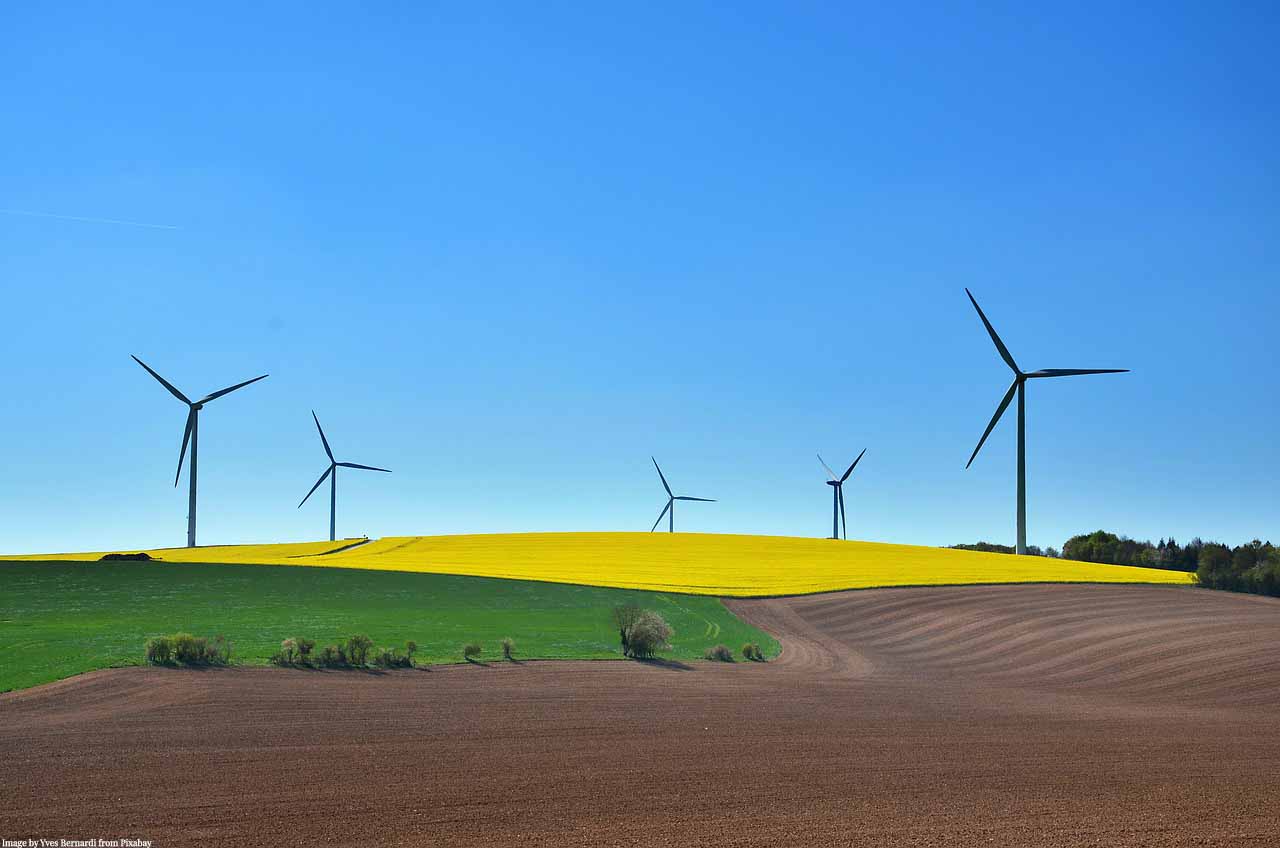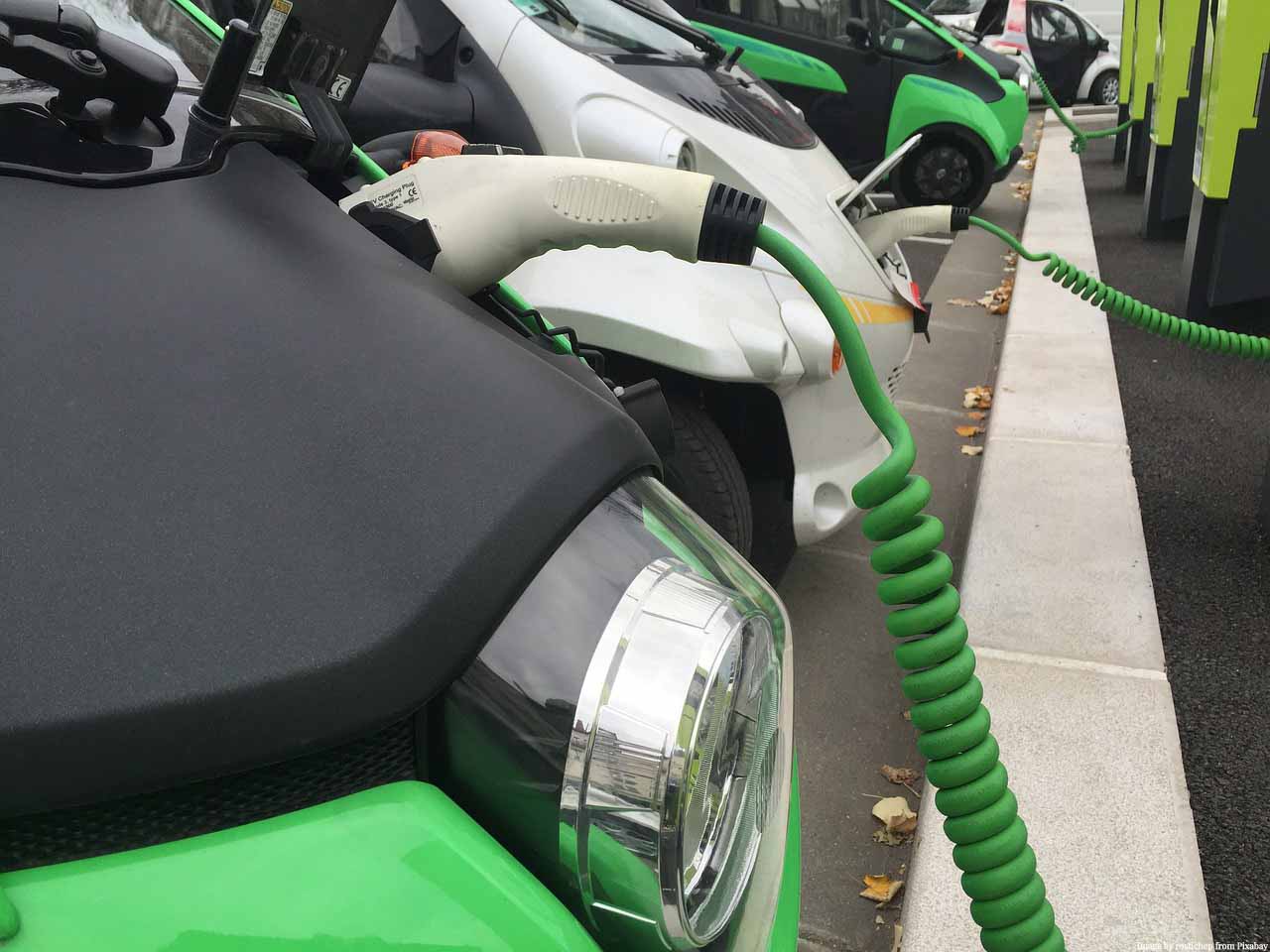November 30, 2022
Sustainability: Just a Catchword or a Sincere Work for Humanity?

E Ever since the Sustainable Development Goals were formulated in 2015, there have been a whole lot of discussions on how to achieve these goals. All the countries seem to be very serious while discussing and planning but when we look at the initiatives and activities undertaken fall far short of expectations. The Sustainable Development Goals Report 2022 states that there is a need for urgent action in respect of almost all the goals to achieve the targets in 2030.
Let us take goals 12 and 13:
Goal 12 – Ensure sustainable consumption and production patterns
Goal 13 – Take urgent action to combat climate change and its impacts
- Triple planetary crises – climate change, biodiversity loss and pollution
- Our reliance on natural resources has increased 65% from 2000 to 2019
- Energy-related carbon dioxide emissions increased 6% in 2021 from its preceding year, reaching highest level EVER
- Global temperatures continue to rise, leading to more extreme weather
...regular use of renewable energy will become feasible only when we are able to store surplus energy to be used later...
Let us look at one singular cause for most of the above maladies – excessive use of fossil fuels.
Fossil fuel subsidies are at a very high level. The SDG Report 2022 places the subsidy figure for 2020 at $375 billion, but the IMF Report mentions much higher Fossil Fuel subsidies amounting to 6.8 percent of global GDP in 2020 and expects this to rise to 7.4 percent of GDP. Why do we spend so much on fossil fuels?
The use of fossil fuels - coal, oil, and natural gas - results in significant climate, environmental, and health risks. Some of the impacts of the use of fossil fuels are extreme weather, sea level rise, air and water pollution, and health issues.
# Extreme Weather: climate change, brought upon by burning fossil fuels, is contributing to severe weather events leading to disasters each costing at least a billion dollars.
# Sea Level Rise: Climate change induced by burning of fossil fuels is melting glaciers and raises sea levels. Sea levels have risen about 9 inches since the late 1800s causing frequent flooding and destructive storms.
# Air and Water Pollution: Fossil fuels produce hazardous air pollutants including sulphur dioxide, nitrogen oxides, carbon monoxide and mercury, all harmful to the environment and human health. Oil spills cause water pollution.
# Health Issues: Air pollution from burning fossil fuels can cause asthma, cancer, heart disease and many more. It is estimated that fossil fuel pollution is responsible for one in five deaths globally.

Alternatives:
If we have to reduce our dependence on fossil fuels, we need to focus on renewable sources of energy. One main reason for the slow adaptation of renewable energy is the difficulties in storage.
Currently energy is created and consumed at the same time. Regular use of renewable energy will become feasible only when we are able to store surplus energy to be used later. Currently capacitors and rechargeable batteries are used for energy storage but these offer only short-duration storage, i.e., up to a maximum of 6 hours. We need energy storage to be available for longer durations, say 18 hours or more. A few such solutions are being tested now.
Along comes the news that there is a firm that is turning nuclear waste into diamond batteries that can store energy for decades!! This will solve two issues, energy storage and nuclear waste disposal.
In another part of the globe, there is this company that has managed to store renewable energy in a sand battery, using resistive heating, increase the air temperature and transfer it to sand through a heat exchanger. Since melting temperature of sand is hundreds of degrees Celsius, it can store this energy for months together.
For energy storage and conversion devices, the energy industry requires reliable and high-performance membranes. We will require millions of meter squares of ion exchange membranes for a variety of electrochemical devices such as flow batteries, electrolysers, and fuel cells. Bio-based membranes, made from wood, offer a cheap, renewable and green option.
We need more of these at affordable prices to make use of renewable energy a reality. How many of the above initiatives will lead to beneficial products is matter of conjecture. It is imperative that there is greater involvement and support from the governments in promoting the initiatives considering the urgent need for achieving the development goals.
Posted in Blogs and tagged Blogs, Sustainability, Sustainable Development Goals, Fossil Fuels, Renewable Energy, Humanity
Bookmark the Permalink


